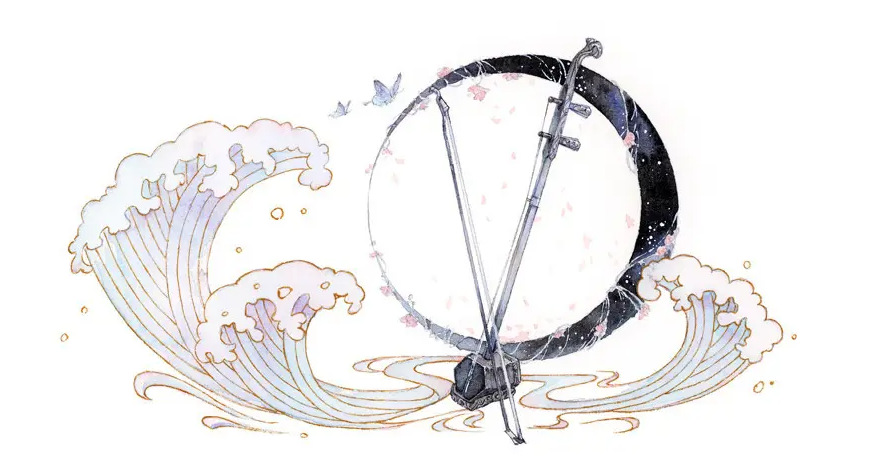Eight Poems of the Seven Poems from "Guide to Qin Boys"
(1) The passage of time will never return, improve efficiency and don’t be playful. The interest in learning the piano must be cultivated, and the steadfast and hardworking heart must be specialized.
(2) Playing music cannot be heard with the eyes, and the brain should first be seen in advance. Listen carefully to the sound and be precise, otherwise the lamp will be wasted for thousands of years.
(3) Learning the piano should not be blinded, and new songs should be awarded with the purpose. Slowly practice and listen carefully to understand the key points, and then set sail when you are perfect.
(4) Practicing the piano is not about sawing notes. The sentiment must be comprehended by the heart, and the charm of ancient and modern depends on smoke.

(5) Praise progress and avoid being proud. Learning is boundless and climbing the peak of art depends entirely on perseverance and loyalty.
(6) In the face of guests and friends without fear, Yi boldly beat Sun Monkey. Years and months of constant temperature, courageous innovation without worry.
(7) The method of laying a solid foundation is strong, and the combination of rigidity and softness is melodious. Dare to practice and think hard, virtue and art are the pillars.
(8) Qin friends communicate without interruption, learn from each other's strengths and make up for one's weaknesses with sincerity. Good traditions are well inherited, and efforts are made to carry forward the national spirit.
 渝公网安备 50010702504639号
渝公网安备 50010702504639号